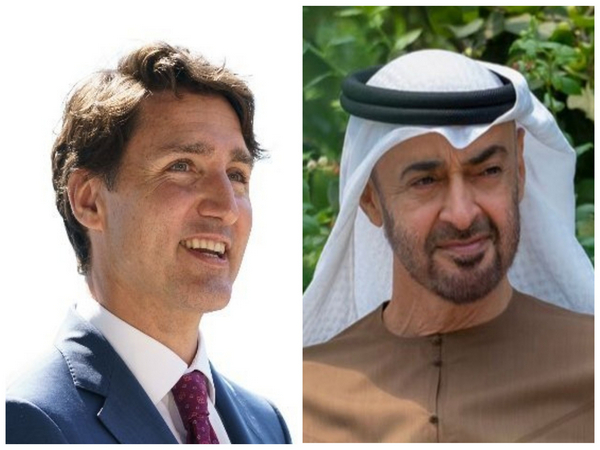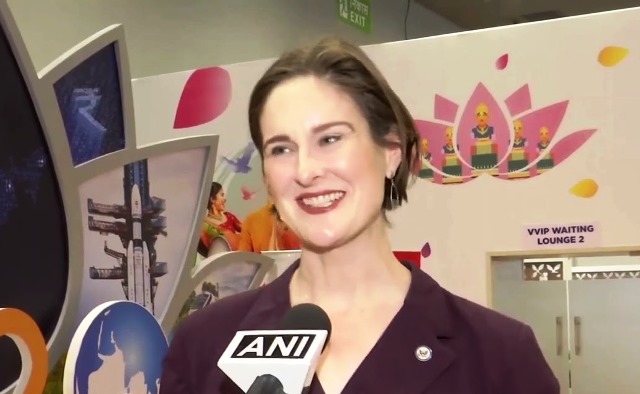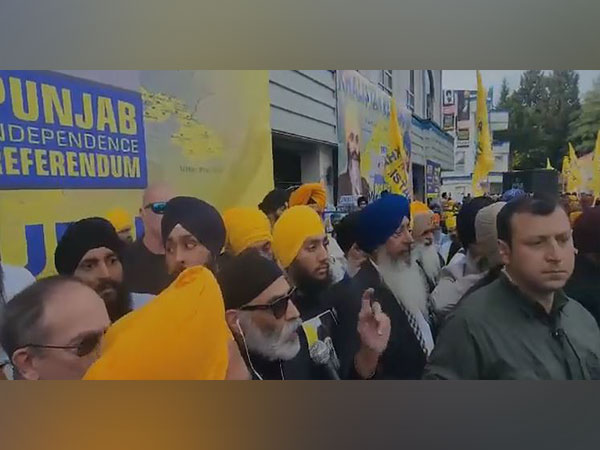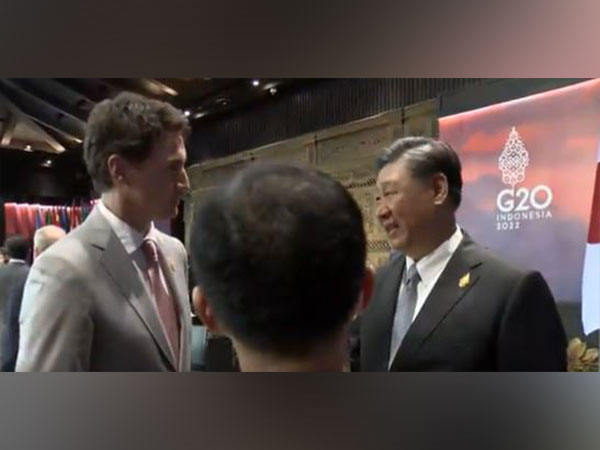Canadian Prime Minister Justin Trudeau Monday discussed the India-Canada row with the President of UAE, Sheikh Mohamed bin Zayed Al Nahyan, stating that it is important to uphold and respect the “rule of law”.
The Canadian PM held a telephone conversation with the President of UAE and the two also spoke about the current situation in Israel. The two leaders expressed concern about the need to protect civilian life.
“On the phone today, His Highness @MohamedBinZayed and I spoke about the current situation in Israel. We expressed our deep concern and discussed the need to protect civilian life,” posted Trudeau on X.
“We also spoke about India and the importance of upholding – and respecting – the rule of law,” his post added.
On Sunday, UK PM Rishi Sunak called for de-escalation of the India-Canada row in a call with his Canadian counterpart Justin Trudeau.
According to a Downing Street statement, Sunak spoke to Trudeau on Friday evening during which he was updated on the situation relating to Canadian diplomats in India.
“He (Rishi Sunak) hoped to see a de-escalation in the situation and agreed to remain in contact with Prime Minister Trudeau on the next steps,” read the statement.
Sunak also reaffirmed the UK’s position that all countries should respect sovereignty and the rule of law, including the principles of the Vienna Convention on Diplomatic Relations.
Meanwhile, Trudeau updated on the situation relating to Canadian diplomats in India.
The diplomatic ties between India and Canada deteriorated after the Canadian government expelled a senior Indian diplomat accusing India of playing a role in the assassination of a Khalistani separatist leader, Hardeep Singh Nijjar in Canada.
In the aftermath, India swiftly retaliated by issuing a statement that denied any involvement in the issue and expelled a senior Canadian diplomat.
Moreover, amid escalating tensions, India called for parity in the number of Canadian diplomats in India.
Responding to reports claiming that India has asked Canada to remove 41 of its 62 diplomats in the country, Ministry of External Affairs spokesperson Arindam Bagchi earlier this month said that Canadian diplomatic presence is much higher in India and they assume “there would be reduction”.
“On discussions on parity, given the much higher presence of diplomats or diplomatic presence here and their interference in our internal matters, we have sought parity in our respective diplomatic presence. Discussions are ongoing to achieve this. Given that Canadian diplomatic presence is higher, we would assume that there would be a reduction,” said MEA spokesperson Arindam Bagchi. (ANI)
Read More: https://lokmarg.com/




